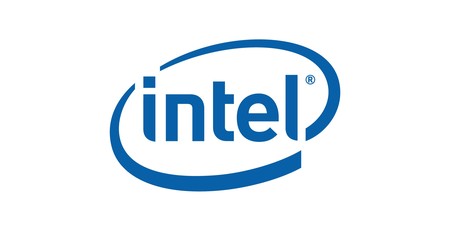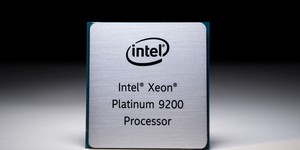Intel Capital throws £89m at cloud gaming, AI, communications
April 2, 2019 | 11:29
Companies: #cloudpick #intel #intel-capital #landing-ai #medical-informatics-corp #mighty-networks #onscale #pixeom #polystream #proteantecs #qolibri #sambanova-systems #tibit-communications #untether-ai #zhuhai-eeasy-technology

Intel's venture capital arm, imaginatively named Intel Capital, has announced £89 million of investment in 14 'disruptive tech startups' - the majority of which are in the artificial intelligence or communications fields.
Intel Capital is the company's division for investing in start-up companies, sometimes with a view to acquiring them outright if they achieve growth, sometimes to promote development of technologies Intel itself has a vested interest in seeing succeed, and sometimes simply to make a bit of cash. Previously, it has invested in cloud gaming and mobile communications, virtual reality and autonomous machines, solid-state storage, online video services, and social media advertising, and most recently in direct rival SiFive - though Intel focused on espousing the benefits of the company's low-power microcontroller products, rather than the high-performance mainstream chips with which it aims to dethrone x86 as the dominant instruction set architecture.
In its latest round of investments, totalling $114 million (around £89 million), Intel has thrown cash at the artificial intelligence, communications, manufacturing, and healthcare markets - and one company, Guildford-based Polystream, which is working on cloud gaming technologies which allow 'interactive graphics content to be streamed at unprecedented scale, with truly global reach.''Intel has driven disruption for the last 50 years, changing the way we live by making compute ubiquitous. Intel Capital is continuing that legacy of disruption with these investments,' crowed Wendell Brooks, Intel senior vice president and president of Intel Capital, of the investments. 'These companies are shifting the way we think about artificial intelligence, communications, manufacturing and health care – areas that will become increasingly essential in coming years as the linchpins of a smarter, more connected society.'
Companies confirmed for this investment round, aside from the aforementioned Polystream, are: AI-powered retail platform Cloudpick; data-centre-to-edge AI specialist SambaNova Systems; Untether AI, which is working on a novel processor architecture designed specifically for neural net inference workloads and claimed to be 1,000 times faster than the competition; Zhuhai EEasy Technology, which designs system-on-chip (SoC) products for the AI market; Mighty Networks, an online course and subscription platform provider; Pixeom, hybrid cloud resource and edge computing management specialist; Tibit Communications, which is working on devices for broadband onramps for home, office, and cell sites; Medical Informatics Corp, which produces software for health monitoring and analytics; Reveal Biosciences, creator of the ImageDx deep-learning platform for pathologists and scientists; Landing AI, which provides 'AI transformation programmes to turn enterprises into AI companies' in the manufacturing and agriculture industries; OnScale, producer of scalable engineering simulation software; proteanTecs, which specialises in chip telemetry and AI-driven analysis; and Qolibri, which aims to solve problems common to semiconductor subfabs with the aim of reducing both the cost of chip manufacturing and its environmental impact - something in which Intel will be extremely interested.
'We believe in these companies and are excited to help them disrupt their industries by putting the weight of Intel behind them,' claims Brooks. 'Our investment is just the start of our work with each of them.'
The investments, however, will likely be viewed with disdain by the staff affected by job losses reported by Oregon Live at Intel proper, which are claimed to be the result of a reorganisation of the company's internal technical services structure.

MSI MPG Velox 100R Chassis Review
October 14 2021 | 15:04








Want to comment? Please log in.